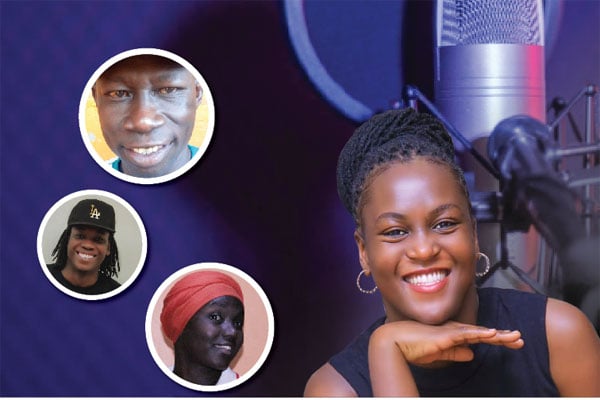Radio: Hero in progressing HIV/Aids fight

Annet Nakibuuka
What you need to know:
- Radio can help inform people and raise awareness about a new idea, product or service.
February 13, is World Radio Day and Uganda is joining the rest of the world to celebrate the contribution of radio to the country’s development.
This years’ theme is ‘Yes to Radio, Yes to Trust’ in recognition of it being the most popular and trusted source of information for many people worldwide.
HIV/Aids is a global concern and combating it is Millennium Development Goal number six.
The 2016 United Nations General Assembly restated the promise to end the Aids epidemic by 2030. In June 2017, President Museveni launched the Presidential Fast-track Initiative to end HIV/Aids as a public health threat by 2030.
It is, therefore, prudent to note that radio has done wonders for the Pearl of Africa in the fight against HIV/Aids.
The 2020 Uganda Communications Commission Report indicates that there were 202 accredited and licensed radio stations, having increased from one government -owned Radio Uganda before liberalisation of the industry in 1993.
Since the most important aspects about HIV are access to information for prevention and care, radio has been effectively utilised in HIV programming to minimise new infections, scale up and improve quality of services for treatment and care, and provide social and economic support to people living with HIV/Aids.
In his speech on December 1, 2021 during the commemoration of World Aids Day, President Museveni confessed having heard about HIV for the very first time on radio during the Bush War in Rakai District.
He said: “My story with AIDS starts around 1983 when we were in the bush fighting. There was one of our soldiers who got sick and the doctors we were with tried everything possible to treat him. They treated malaria and many other things but they couldn’t know what the person was suffering from until that person died.”
He added, “We didn’t know what had killed that boy. Then around 1984, I started hearing on the radio that there was a new sickness of homosexuals and that it had no medicine. Around 1985, I was listening to the BBC and there was a female doctor in Zambia from Italy, I think her name was Dr Ombelly. She said, “No. This disease does not affect only homosexuals. I have seen a number of patients who are not homosexuals in my clinic”.
In a 1999 handbook, ‘Radio and HIV/Aids: Making a Difference’ , UNAIDS explains that the reasons for the success of radio in HIV/Aids care and treatment are its ability to motivate people by building on their hearing or verbal traditions and stimulating the imagination better than video or television
UNAIDs adds that radio can reach those who do not go to health facilities because of costs, distance or embarrassment, it can convey insights gained by health workers on the ground to a wide audience.
Most importantly, radio can help inform people and raise awareness about a new idea, product or service that is available, helping in creation of demand for services.
It should be remembered that radio is very influential in the success of HIV/Aids campaigns since listening to it is a group activity which encourages discussion of educational issues after the broadcast, thus contributing to behaviour change.
Other broadcasts about HIV/Aids include music, drama, poetry and talk shows.
Therefore, as we continue practicing all HIV prevention measures, lets support those living with or affected by HIV/Aids.
Ms Annet Nakibuuka is an HIV/AIDS activist in Kampala.




